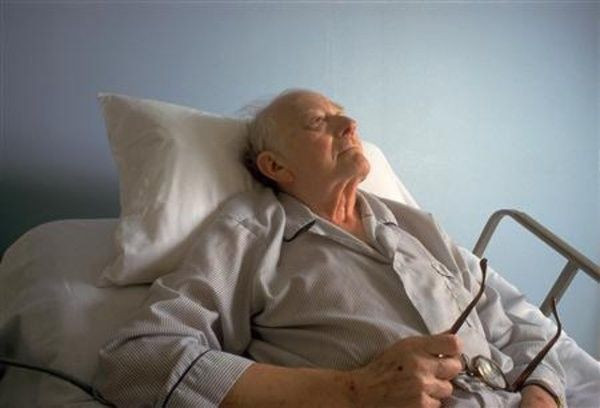Food insecurities May Lead To Higher Levels Of Diabetes

A new study explored the possibility that people with diabetes, who have unreliable access to medical supplies and food, may have more trouble controlling their diabetes than people who don't seem to have the same issues. Scientists have observed that people with economic instability have a 39 percent increased chance of having poorly controlled diabetes.
Researchers conducting the study used data collected from 411 people with diabetes between the years 2012 and 2013. About 40 percent of the participants reported to not having regular access to food or medication; the study revealed that around 46 percent of the participants had uncontrolled levels of diabetes. The study also showed that 28 percent of the participants reported not taking their medication as they were unable to afford it.
The study went on to reveal that around 20 percent of the participants did not have regular access to food and around 14 percent reported being unable to pay their utility bills on a regular basis. The lead author of the study being conducted at the Massachusetts General Hospital in Boston, Dr. Seth Berkowitz, said, "What we found is that food and medication are a big deal and probably account for the bulk of it, but it doesn't look like there is any one thing."
Berkowitz and his colleagues are of the opinion that while increased access to healthcare and affordable medication may help people to a certain extent; with continued economic instability, the likelihood of people with uncontrolled levels of diabetes seeing any significant improvement in their health might not be very high.
Berkowitz went on to state, "I think it lets us know that even if we - nationwide - achieve the rate of insurance coverage in Massachusetts, these problems will still likely exist. You have people seeking care and and seeing what they have, but... you're just not getting people what they need to stay healthy."




















